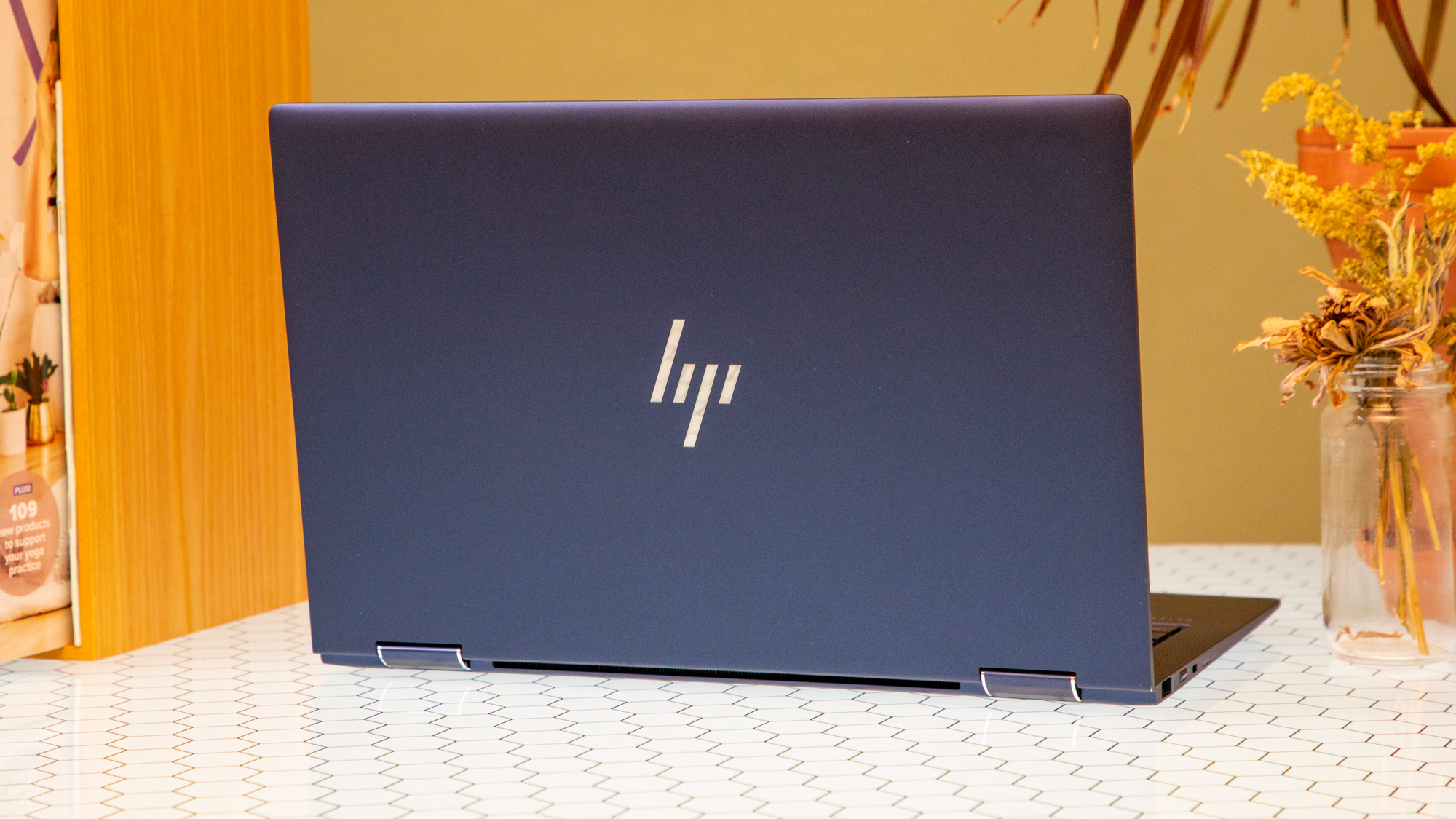Doctor reveals his expert tips for how to sleep better during summer
A sleep doctor shares his expert advice on how to sleep better during summer
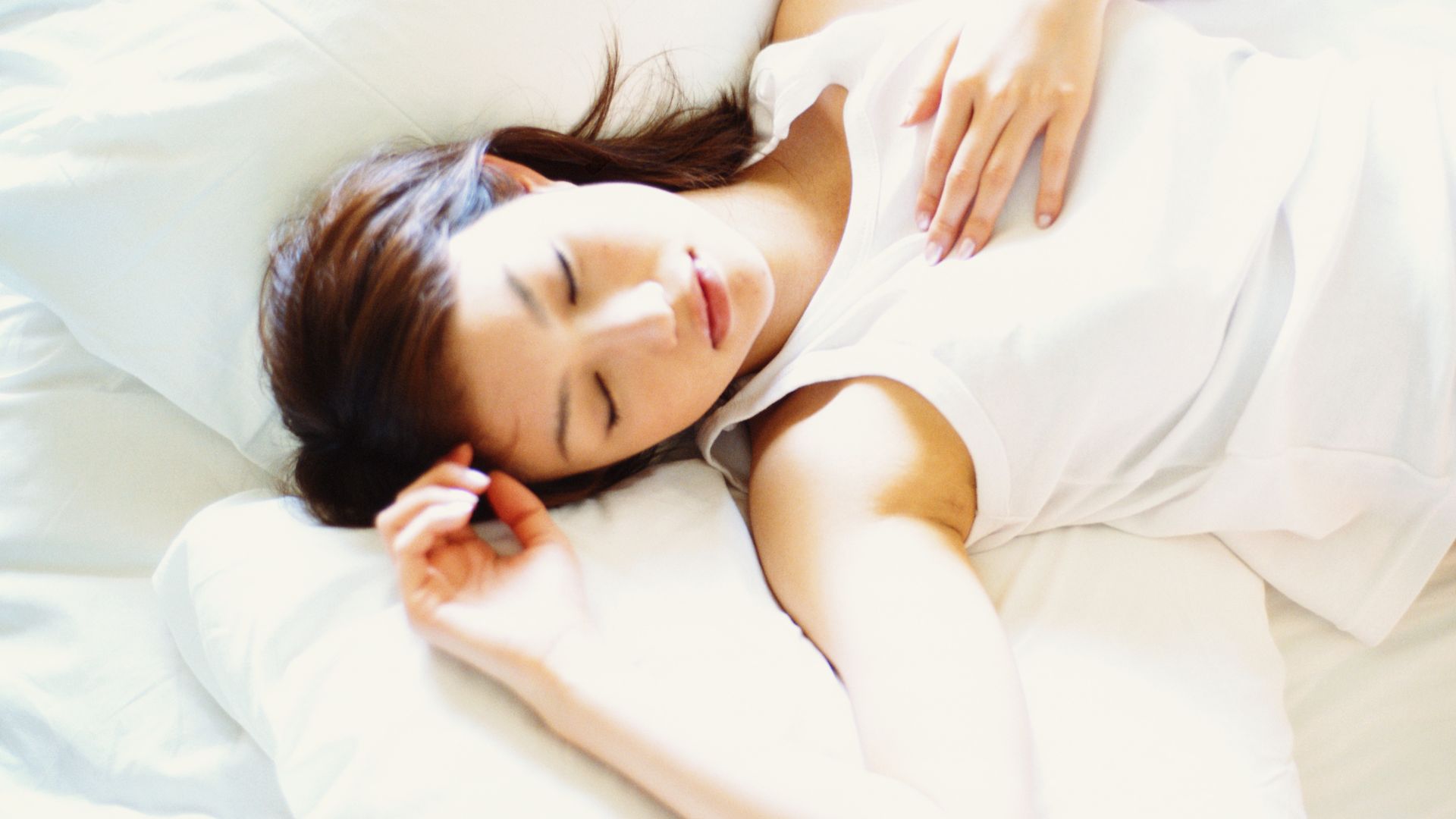
The warm summer weather is great for BBQs and trips to the beach - but not so much for your sleep. High temperatures can make for an uncomfortable night, which is why we've called on a sleep expert for some top advice on how to sleep better during the summer.
While the best mattresses on the market boast reliable temperature regulation, sometimes it's not enough. Luckily, Dr Donald Grant, a Senior Clinical Advisor at Independent Pharmacy, can help you get some summertime sleep in three easy steps. “While it can be tricky to get the best night of rest in the warm," says Dr Grant "There are a range of lifestyle choices that could impact the ability to fall and stay asleep during summer."
While the heat can impact your sleep, other factors can also play a part in sleep difficulties. To get better sleep throughout the year, the Dr Grant has also shared some other tips to help you drift off during any season.
How to sleep better in summer —3 top tips
1. Take a cool shower 30 minutes before bed
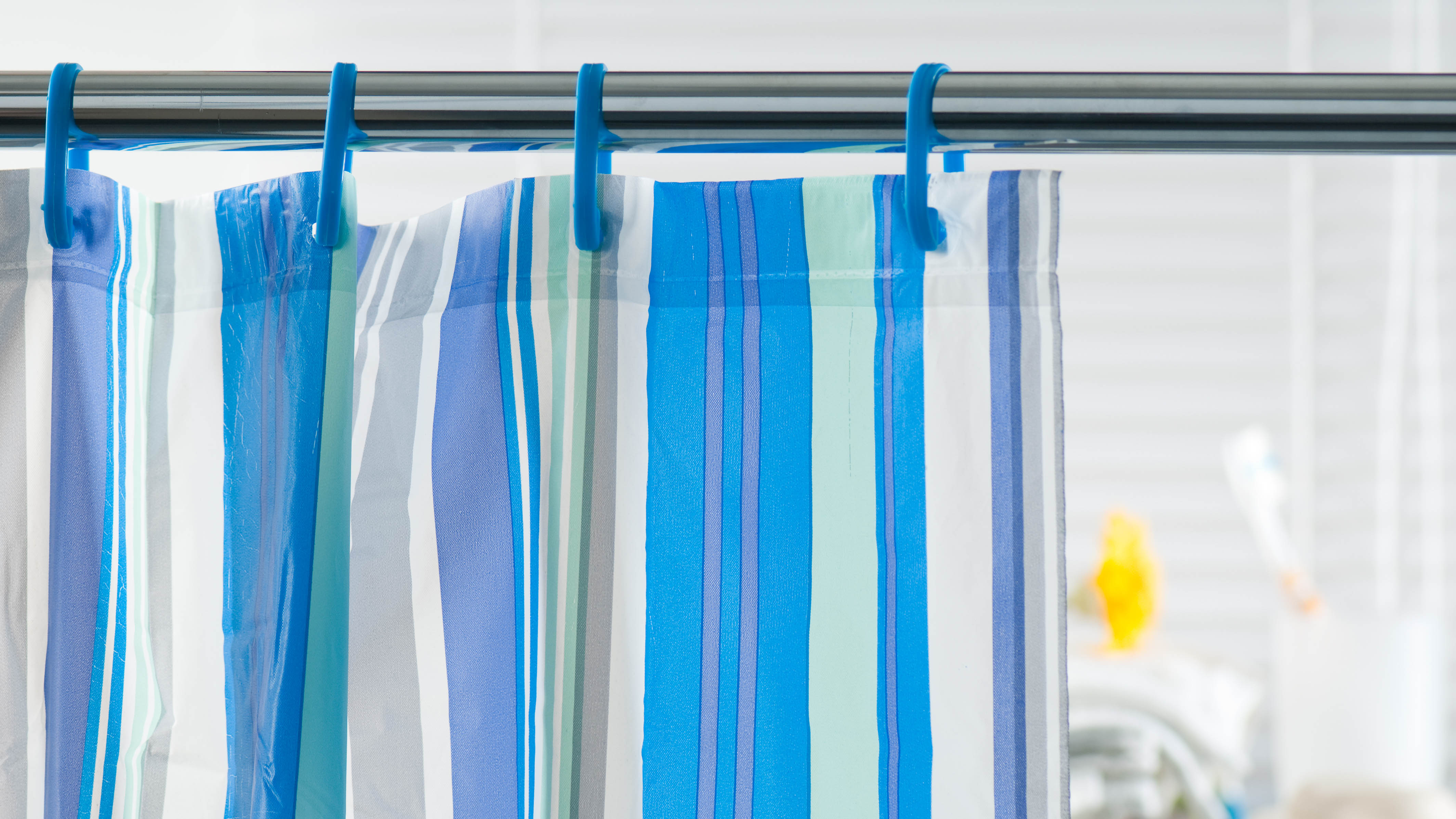
If you want to cool down before bed, Dr Grant recommends trading a warm bubble bath for a cool refreshing shower instead. “Regulating body temperature is essential," he says. "Not only does this shower cool people down in time for bed, but it also relaxes muscles and improves circulation."
The sleep expert suggests taking the shower around 30 minutes before bed and just before starting your bedtime routine. The shower should last between five to 10 minutes to cool and relax your body, while the water shouldn't be too cold or hot. "Ideally, I suggest a shower temperature of around 72°F or 22°C, cooling the body while being warm enough to remain comfortable," says the sleep doctor.
2. Limit sun exposure before bed
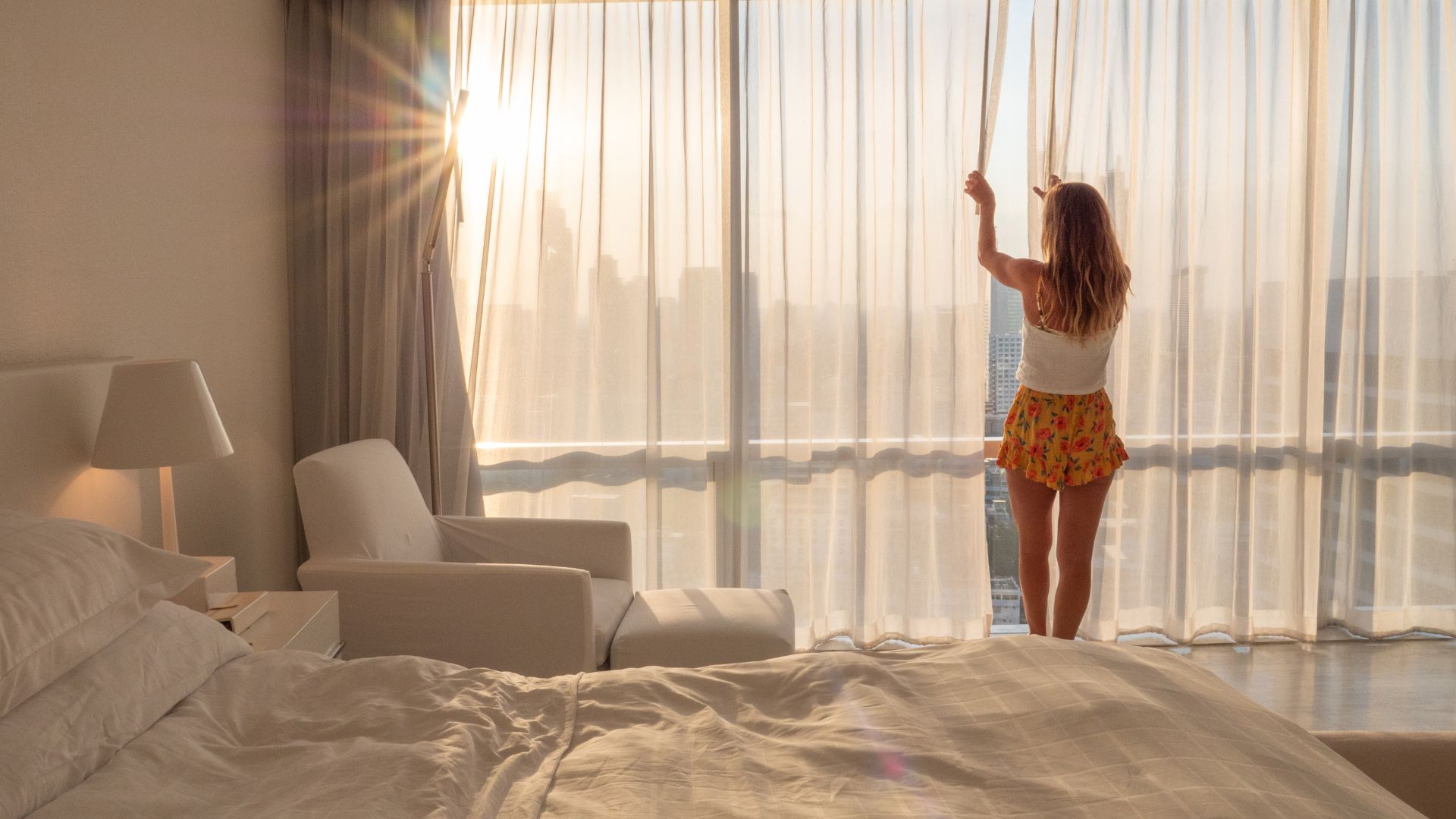
While summer means enjoying sunny days and lighter evenings, too much exposure to sunlight can cause people to wake up frequently throughout the night and make it difficult to fall asleep. “Exposing yourself to too much natural light before bedtime can disrupt the body’s internal clock," explains Dr Grant. "This delays the production of melatonin which can make it more difficult to fall asleep."
However, Dr Grant appreciates that longer days mean later sunsets, but he says there are some things you can do to limit sun exposure in the evenings: "Utilise blackout curtains, opt for indoor activities, and dim lights."
Sign up to get the BEST of Tom's Guide direct to your inbox.
Get instant access to breaking news, the hottest reviews, great deals and helpful tips.
3. Avoid spicy evening meals

While it's well know that you should avoid drinking and eating less than two hours before bed, Dr Grant warns there are certain foods that you should avoid, too: "Eating spicy foods such as chilli, may raise body temperatures, making it even more difficult to fall asleep in summer."
If you have a penchant for spicy snacks, try to only eat them during the days rather than the evenings. Also, remember that acidic, fried, and high fat food can increase your body temperature, too.
How to sleep better during any season
While the above tips are all about lowering your body temperature to sleep cool during the warm summer months, heat isn't the only cause of disrupted sleep or difficulty drifting off. Some sleep issues are caused by factors completely unrelated to weather or season, such as lifestyle habits
A major cause of sleep issues is drinking caffeine or alcohol before bed, which Dr Grant says shouldn't be consumed too close to bed. "Caffeine is a stimulant that increases alertness and can stay in the system for up to 6 hours," explains the sleep expert. "While alcohol before bedtime can lead to fragmented rest and can increase the number of awakenings throughout the night."
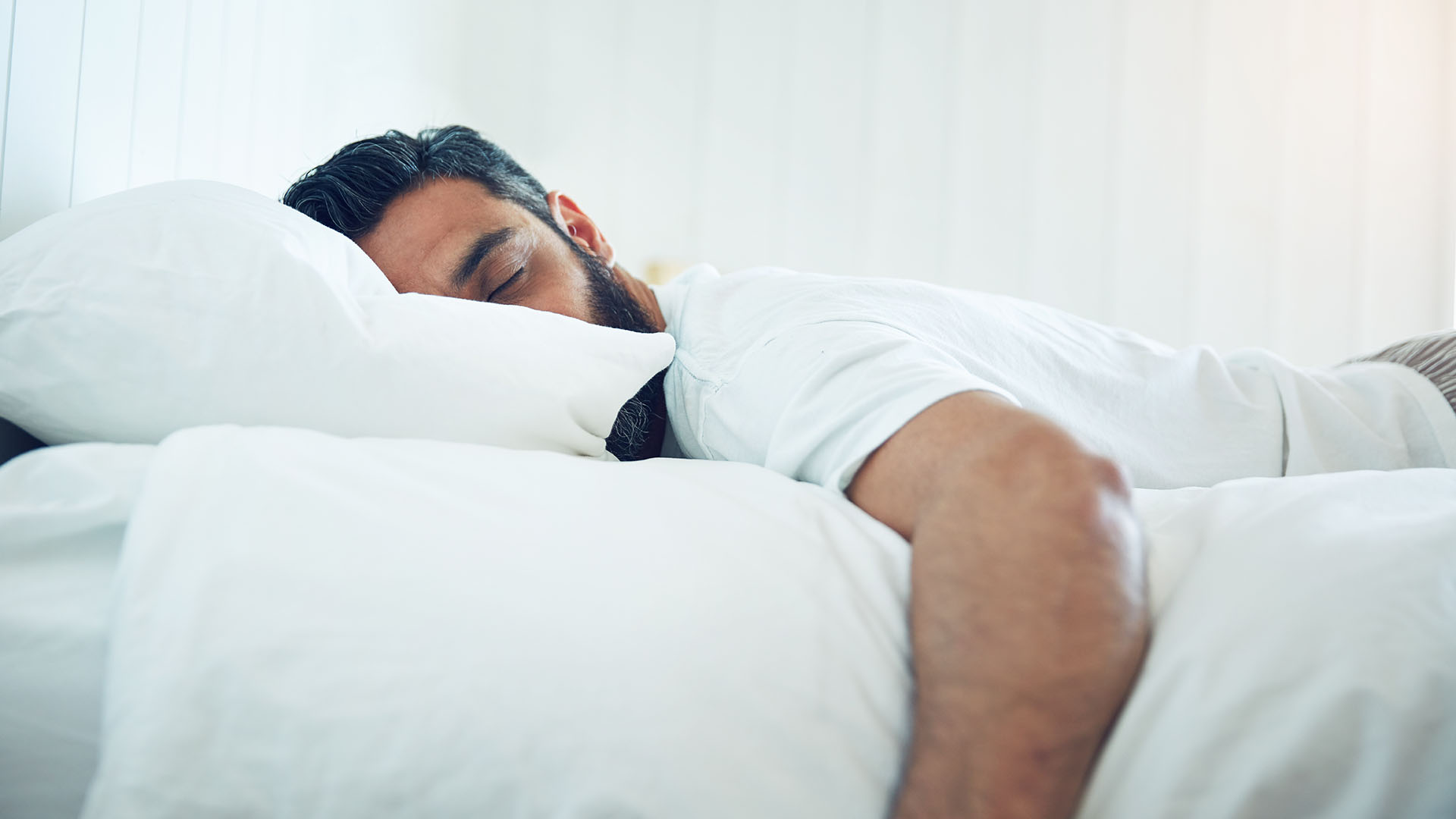
He also warns that alcohol actively dehydrates the body which can impact sleep, so hydrate throughout the day with water or herbal tea. As for caffeine, stick to the 10-3-2-1-0 rule and save it for the mornings. Remember, caffeine isn't restricted to coffee, caffeinated drinks such as green tea can affect sleep, too.
Also, avoid exercising too close to bed, as Dr Grant explains that this can increase alertness and heart rate, making it difficult to drift off. Other things to avoid before bed are electronic devices, such as TV and smartphones. “These devices emit blue light, suppressing melatonin and disrupting sleep cycles," the Senior Clinical Advisor explains. "Using electronics may even make people more awake through stimulating activities such as games or watching videos."
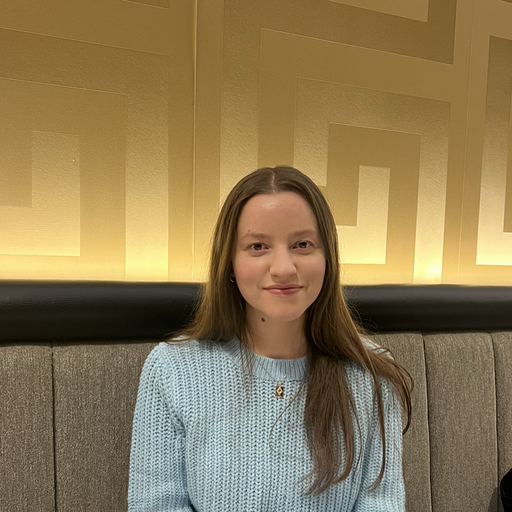
Frances Daniels is a PPA-accredited journalist and Sleep Staff Writer at Tom's Guide with an MA in Magazine Journalism from Cardiff University. Her role includes covering mattress and sleep news and writing sleep product reviews and buyer's guides, including our Best Hybrid Mattress 2025 guide. She is hugely interested in the relationship between good sleep and overall health, interviewing a wide array of mattress and sleep experts to create well-informed articles about important topics such as nutrition, sleep disorders (from sleep apnea to night terrors), lucid dreaming, sleep hygiene, and mattress care. She is also our specialist on mattress toppers — producing mattress topper reviews and taking care of our Best Mattress Toppers 2025 guide — and takes the lead on all content related to fiberglass-free mattresses for a clean, non-toxic sleep. Outside of Tom's Guide, she has written for Ideal Home, Homes & Gardens, and Marie Claire.
